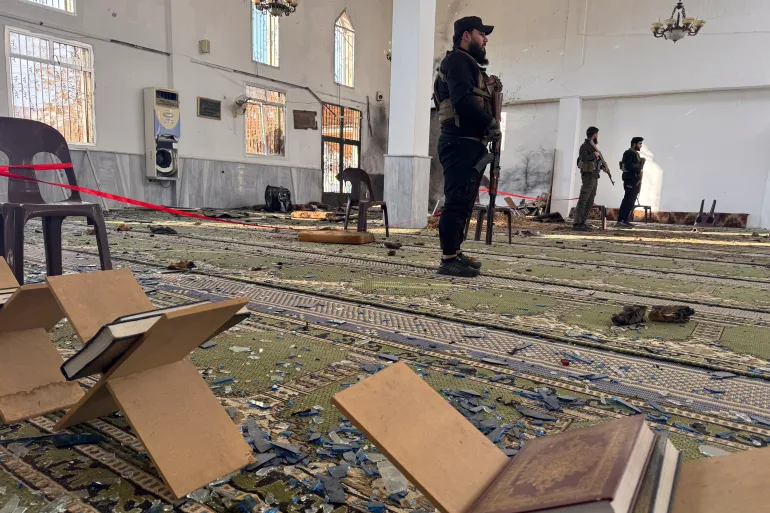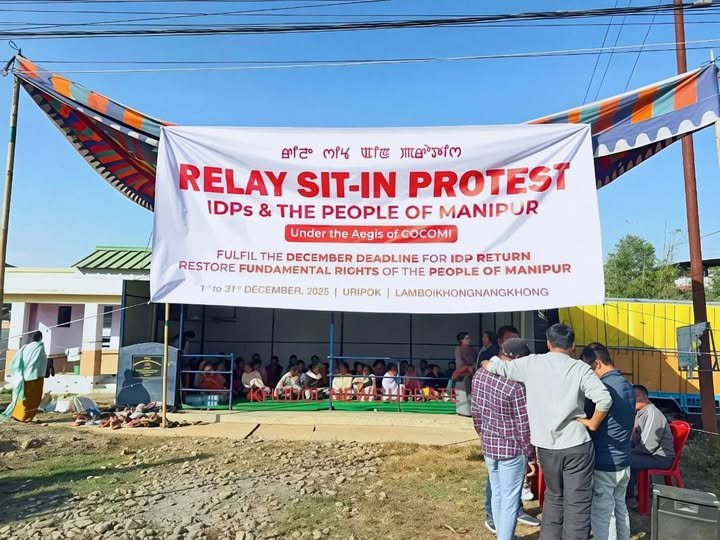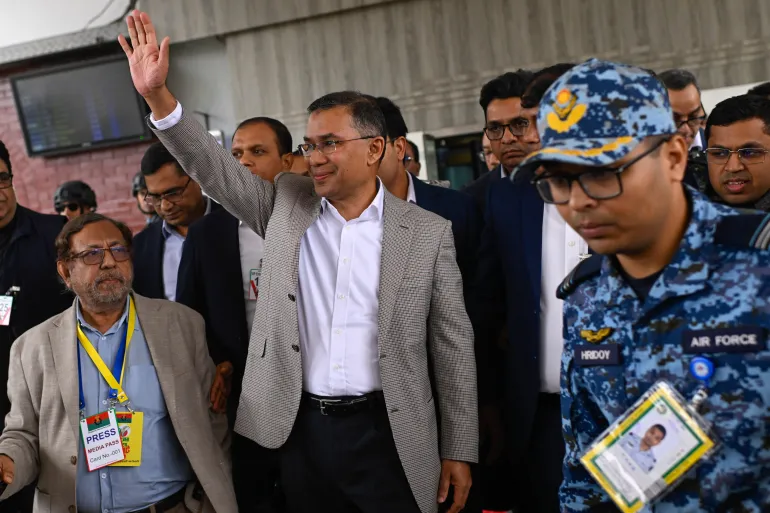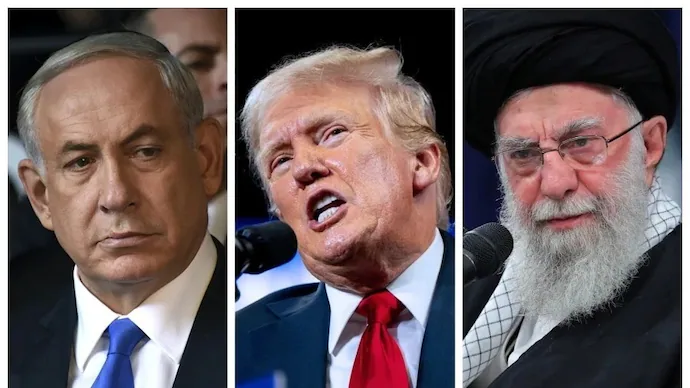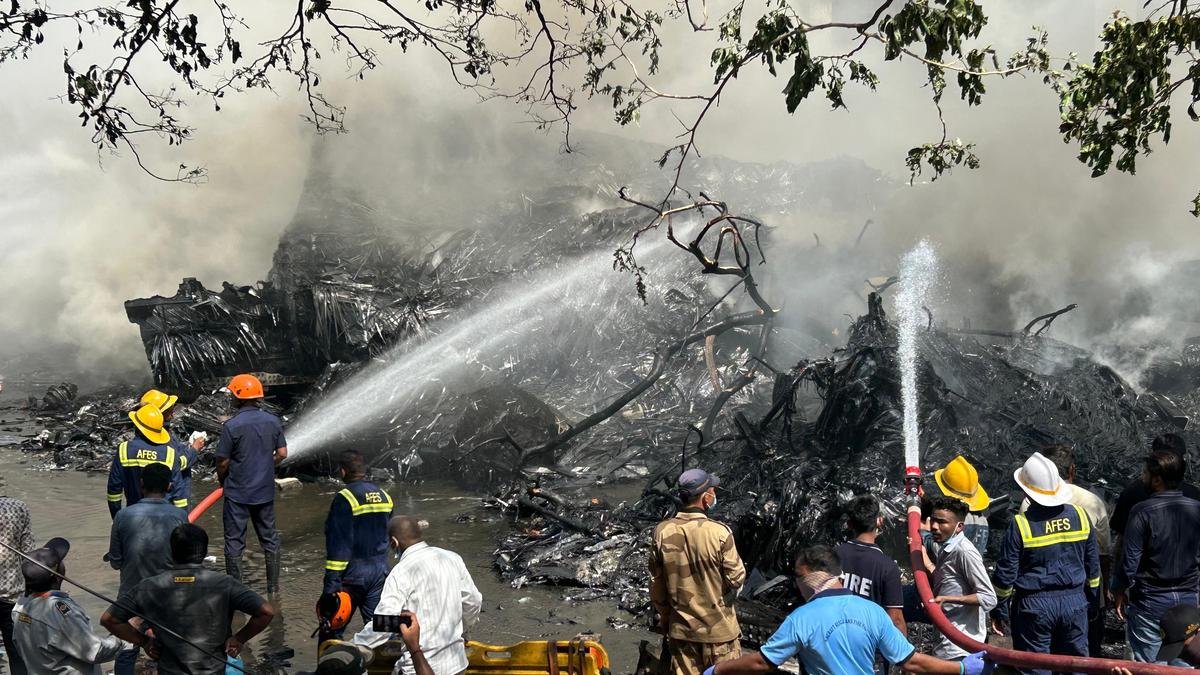Ongoing Iran–Israel Conflict Enters Fourth Day: Regional Tensions Reach Boiling Point
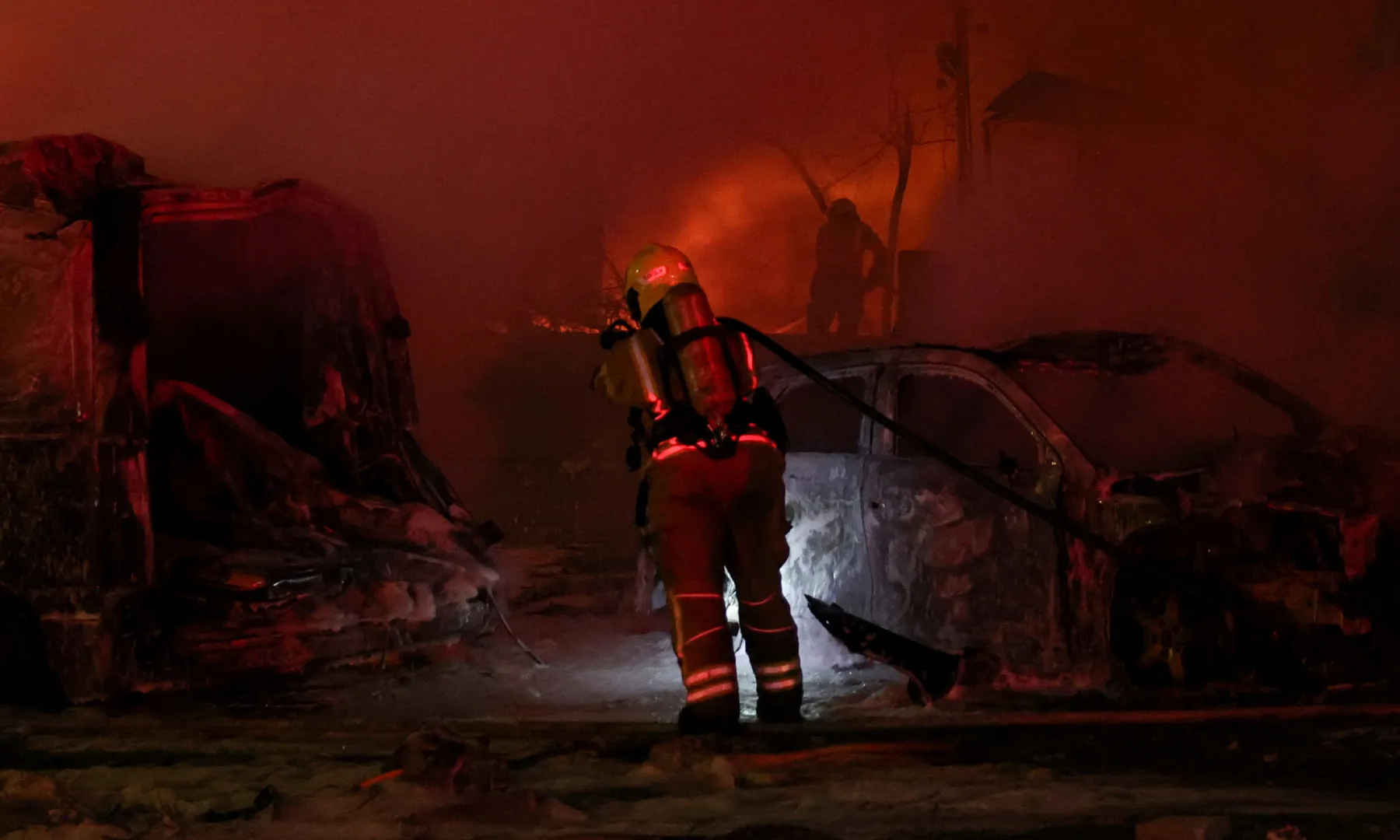
June 16, 2025 – International Desk
The Middle East is once again on edge as the fourth day of intensified military strikes between Iran and Israel marks one of the most dangerous escalations in recent regional history. On June 16, 2025, Iran launched a fresh and deadly barrage of ballistic missiles toward Israel, intensifying a conflict that has already claimed hundreds of lives and drawn international alarm.
Early morning on Sunday, sirens wailed across major Israeli cities, including Tel Aviv, Haifa, Bat Yam, and Petah Tikva, as Iran launched dozens of missiles targeting civilian centers. Initial reports confirmed at least 24 civilian deaths, with scores more injured. Israeli emergency services, including Magen David Adom, described chaotic scenes as residential buildings collapsed, vehicles burned, and the elderly were pulled from debris-strewn streets. Structural damage was reported across multiple city blocks, with emergency responders overwhelmed by the scale of the destruction.
According to DW News and The Guardian, this marks the most severe attack on Israeli soil since the conflict began earlier this month. Hospitals in Tel Aviv and northern Israel remain on high alert, treating both trauma injuries and shock-related conditions. The Israel Defense Forces (IDF) has escalated its readiness, with Iron Dome interceptors engaging in continuous operation.
In a swift and aggressive counter-offensive, Israeli fighter jets conducted strategic air raids on multiple Iranian targets, particularly in and around Tehran. Key installations included nuclear research facilities, Islamic Revolutionary Guard Corps (IRGC) compounds, and surface-to-surface missile bases. The Israel Air Force (IAF) has publicly claimed air superiority over central Iran, asserting successful strikes on radar stations and launch platforms.
Though the Israeli military claims to have hit sensitive nuclear facilities, the International Atomic Energy Agency (IAEA) reported that no critical damage occurred at the underground Natanz site, suggesting that Iran’s nuclear capabilities remain largely intact.
The human cost of this war is growing by the hour. According to Iranian health officials cited by The Guardian and Deutsche Welled (DW), at least 224 Iranians—including military personnel and civilians—have been killed in the past four days. Over 1,200 others are reported injured due to Israel’s air raids, especially in densely populated districts of Tehran and military zones near Qom and Isfahan.
On the Israeli side, 24 confirmed civilian fatalities have resulted from missile strikes, alongside widespread property damage. Emergency shelters in cities like Haifa and Tel Aviv are filled with displaced families, and psychological trauma is becoming a silent but growing toll.
The military conflict has had global economic consequences. The price of Brent crude surged between 5–13%, driven by fears of Iranian oil infrastructure damage and potential blockages at the Strait of Hormuz, a critical maritime choke point for global oil flow.
G7 nations held emergency diplomatic discussions, and the European Union has urged both Iran and Israel to immediately cease hostilities. In a significant regional development, Pakistan temporarily closed its border with Iran, citing security risks and a desire to prevent spillover violence.
Israeli Prime Minister Benjamin Netanyahu addressed the nation, characterizing the campaign as a defensive measure against Iran’s alleged nuclear escalation. He further stated that the ongoing strikes could lead to “regime change” in Tehran, although analysts view this more as political rhetoric than imminent reality.
Reports from The Institute for the Study of War suggest that Israeli forces have dismantled approximately one-third of Iran’s active missile launch infrastructure. Meanwhile, questions remain about the role of the United States. Although former U.S. President Donald Trump denied direct involvement, sources confirm Washington was briefed in advance about Israeli plans.
This unfolding conflict has already reached a scale that alarms both regional neighbors and global powers. What began as limited air and drone skirmishes has evolved into a full-fledged campaign, with devastating civilian and military consequences on both sides. Diplomatic options remain on the table, but with each passing hour of conflict, the path to de-escalation narrows.
Unless an urgent ceasefire is brokered, the world may be witnessing the beginning of a prolonged confrontation with the potential to destabilize not only the Middle East but the broader geopolitical balance.
The Middle East is once again on edge as the fourth day of intensified military strikes between Iran and Israel marks one of the most dangerous escalations in recent regional history. On June 16, 2025, Iran launched a fresh and deadly barrage of ballistic missiles toward Israel, intensifying a conflict that has already claimed hundreds of lives and drawn international alarm.
Early morning on Sunday, sirens wailed across major Israeli cities, including Tel Aviv, Haifa, Bat Yam, and Petah Tikva, as Iran launched dozens of missiles targeting civilian centers. Initial reports confirmed at least 24 civilian deaths, with scores more injured. Israeli emergency services, including Magen David Adom, described chaotic scenes as residential buildings collapsed, vehicles burned, and the elderly were pulled from debris-strewn streets. Structural damage was reported across multiple city blocks, with emergency responders overwhelmed by the scale of the destruction.
According to DW News and The Guardian, this marks the most severe attack on Israeli soil since the conflict began earlier this month. Hospitals in Tel Aviv and northern Israel remain on high alert, treating both trauma injuries and shock-related conditions. The Israel Defense Forces (IDF) has escalated its readiness, with Iron Dome interceptors engaging in continuous operation.
In a swift and aggressive counter-offensive, Israeli fighter jets conducted strategic air raids on multiple Iranian targets, particularly in and around Tehran. Key installations included nuclear research facilities, Islamic Revolutionary Guard Corps (IRGC) compounds, and surface-to-surface missile bases. The Israel Air Force (IAF) has publicly claimed air superiority over central Iran, asserting successful strikes on radar stations and launch platforms.
Though the Israeli military claims to have hit sensitive nuclear facilities, the International Atomic Energy Agency (IAEA) reported that no critical damage occurred at the underground Natanz site, suggesting that Iran’s nuclear capabilities remain largely intact.
The human cost of this war is growing by the hour. According to Iranian health officials cited by The Guardian and Deutsche Welled (DW), at least 224 Iranians—including military personnel and civilians—have been killed in the past four days. Over 1,200 others are reported injured due to Israel’s air raids, especially in densely populated districts of Tehran and military zones near Qom and Isfahan.
On the Israeli side, 24 confirmed civilian fatalities have resulted from missile strikes, alongside widespread property damage. Emergency shelters in cities like Haifa and Tel Aviv are filled with displaced families, and psychological trauma is becoming a silent but growing toll.
The military conflict has had global economic consequences. The price of Brent crude surged between 5–13%, driven by fears of Iranian oil infrastructure damage and potential blockages at the Strait of Hormuz, a critical maritime choke point for global oil flow.
G7 nations held emergency diplomatic discussions, and the European Union has urged both Iran and Israel to immediately cease hostilities. In a significant regional development, Pakistan temporarily closed its border with Iran, citing security risks and a desire to prevent spillover violence.
Israeli Prime Minister Benjamin Netanyahu addressed the nation, characterizing the campaign as a defensive measure against Iran’s alleged nuclear escalation. He further stated that the ongoing strikes could lead to “regime change” in Tehran, although analysts view this more as political rhetoric than imminent reality.
Reports from The Institute for the Study of War suggest that Israeli forces have dismantled approximately one-third of Iran’s active missile launch infrastructure. Meanwhile, questions remain about the role of the United States. Although former U.S. President Donald Trump denied direct involvement, sources confirm Washington was briefed in advance about Israeli plans.
This unfolding conflict has already reached a scale that alarms both regional neighbors and global powers. What began as limited air and drone skirmishes has evolved into a full-fledged campaign, with devastating civilian and military consequences on both sides. Diplomatic options remain on the table, but with each passing hour of conflict, the path to de-escalation narrows.
Unless an urgent ceasefire is brokered, the world may be witnessing the beginning of a prolonged confrontation with the potential to destabilize not only the Middle East but the broader geopolitical balance.
